A variety of maritime activities contribute to sea turtle deaths
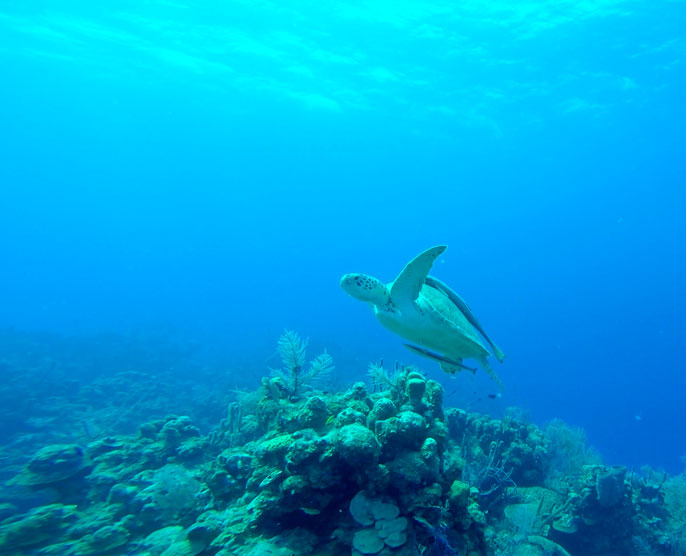
Ask what water-based activity interacts the most with threatened and endangered sea turtles and many will reply without hesitation: commercial fishing. But state records show that to be incorrect.
Kenya’s sand wars
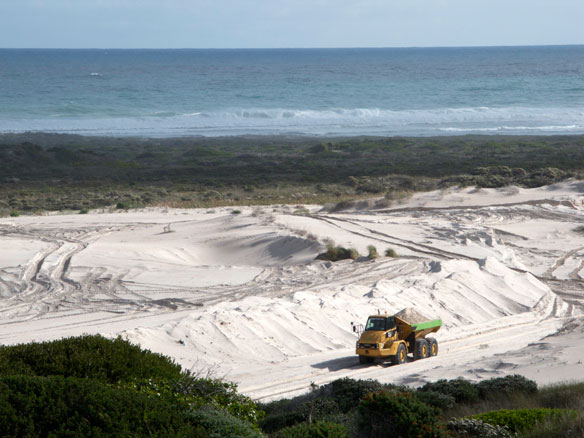
Communities are pitted against sand harvesters, powerful cartels and one another as demand for sand in Kenya grows.
Whales turn tail at ocean mining noise
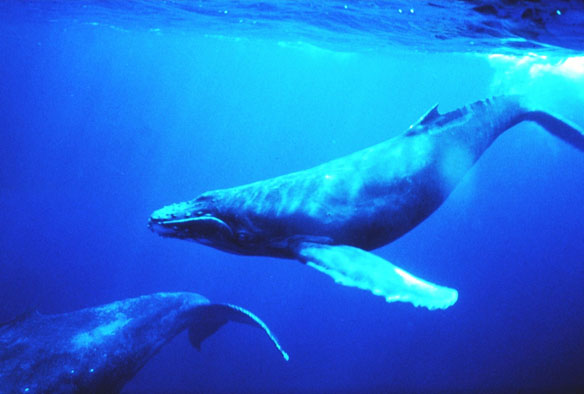
A new international study has measured the effect of loud sounds on migrating humpback whales as concern grows as oceans become noisier. Scientists have said one of the main sources of ocean noise was oil and gas exploration, due to geologists firing off loud acoustic air guns to probe the structure of the ocean floor in search of fossil fuels.
Behind the Lens: Climate Refugees
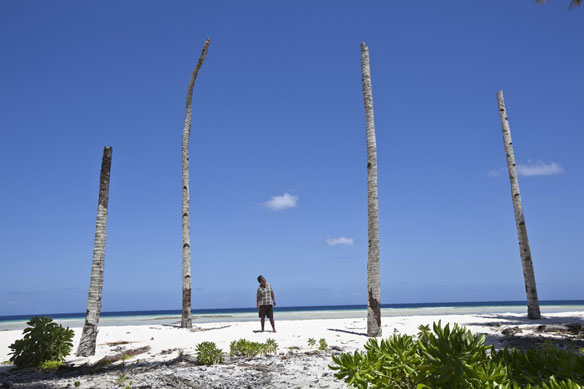
Kiribati residents’ “carbon footprints” are among the lowest in the world. These are not people who travel by air or drive gas-guzzling vehicles. They’re not the big carbon polluters but they’re the ones who’ll be among the first to have their lives disrupted by climate change through rising sea levels and extreme weather…
On North Carolina’s Outer Banks, A Preview Of What Might Be In Store For Mass. Barrier Beaches
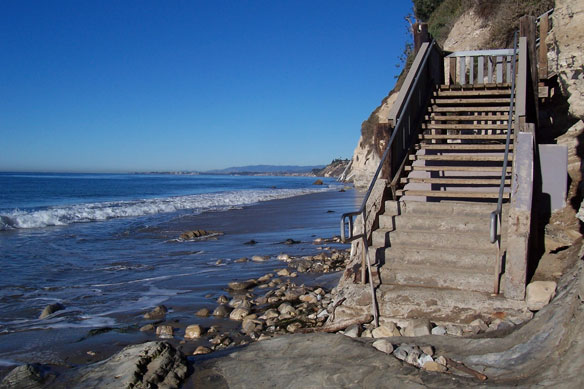
The first truly global disaster resulting from climate change may come from rising sea levels. It’s a problem we will share with every coastal community on every continent.
Mackenzie Meets Beaufort
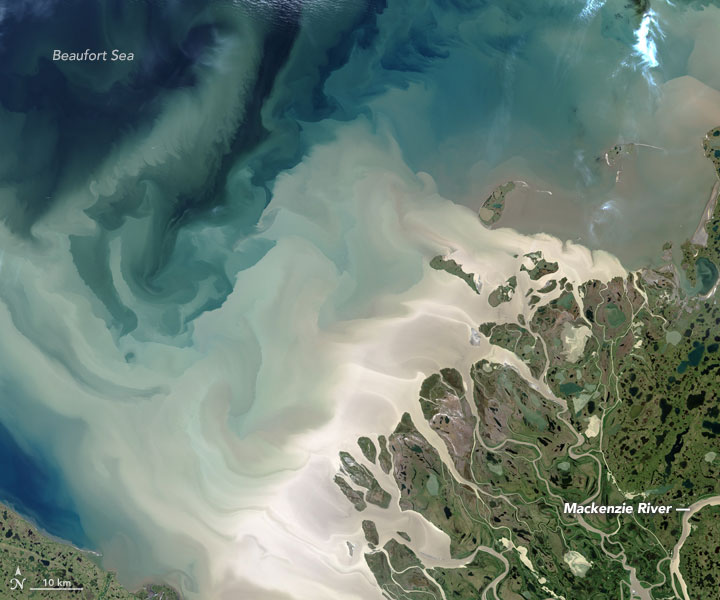
The Mackenzie River is the leading source of freshwater flowing into the Arctic Ocean. It’s also a leading source of sediment flowing into that basin.
In Egypt, A Rising Sea — And Growing Worries About Climate Change’s Effects
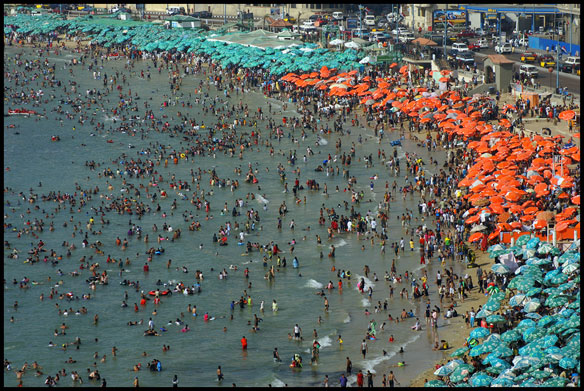
On Egypt’s Mediterranean coast, August should be prime tourist season. But the seaside restaurants in Alexandria are almost empty. According to the World Bank, Egypt is one of the countries that will be most vulnerable to the effects of climate change.
Marine noise pollution stresses and confuses fish
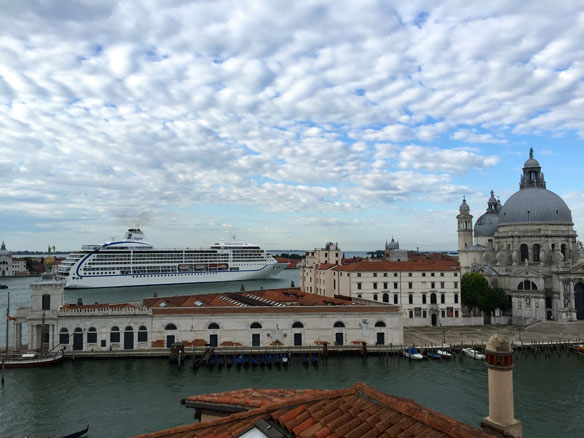
Increased noise pollution in the oceans is confusing fish and compromising their ability to recognise and avoid predators.
“Dead zone” in the Gulf of Mexico is biggest ever
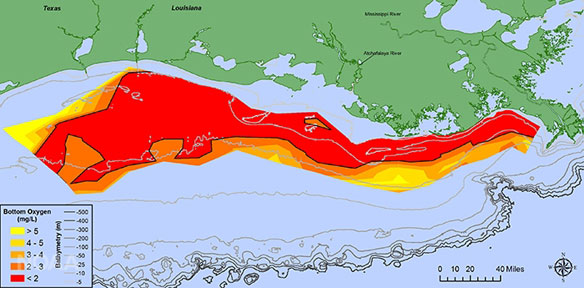
Each summer, a large part of the Gulf of Mexico “dies”. This year, the Gulf’s “dead zone” is the largest on record, stretching from the mouth of the Mississippi, along the coast of Louisiana to waters off Texas, hundreds of miles away. Around 8,776 square miles of ocean, an area the size of New Jersey or Wales, is almost lifeless.
